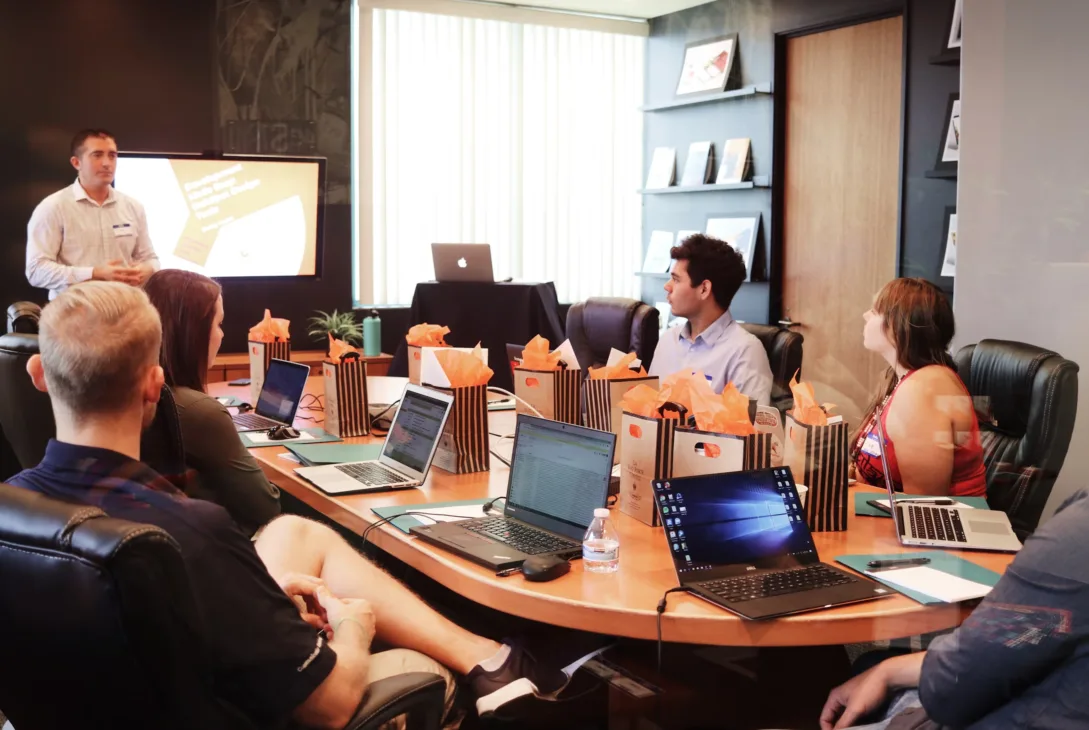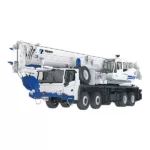In the era of ever-evolving corporate world, professionals and aspiring talents are presented with countless possibilities and impediments forged by dynamic trends, usually assisted by corporate employment agencies. This blog exposes the intricate tapestry of opportunities that lie await, amidst the challenges. Whether you’re in the frontier of technology or the complexities of financial strategies, we will delve into the core of corporate evolution. Across industries, all digital transformations and innovative paradigms continue to redefine business as usual, individuals are presented with a multitude of avenues to explore. Let us unveil the business opportunities, specifically in the accounting and IT world.
Remote Accounting Opportunities
Remote work has altered the world of accounting and it couldn’t have been any better. Professionals in the accounting field are no longer restricted to the traditional office setting. Remote accounting jobs offer more flexibility, giving them more control over their work-life while maintaining productivity.
Occasionally, there would be challenges like effective communication, teamwork, and cybersecurity, but innovative virtual accounting firms and remote services have emerged, providing easy accessibility and excellent financial services anywhere.
Using advances in technology, these firms deliver expertise to clients across great distances, greatly expanding the reach and accessibility of accounting services. With this momentum showing no signs of slowing down, the future of accounting careers are bright, with exciting new possibilities and norms being redefined, all fueled by the trend towards remote work.
Technology Advancements
Due to the rapid advancement of technology, corporate accounting jobs are undergoing a tremendous shift, changing traditional techniques and approaches. This shift is being led by automation, artificial intelligence (AI), and machine learning, which are completely changing the way accountants do their work.
By streamlining repetitive processes like data input and reconciliation, it saves time and resources for more important work like analysis and strategic decision-making. In addition, large datasets may be processed quickly and accurately by AI-driven algorithms, which might reveal important patterns and insights that might otherwise go unnoticed. As a result, technology can be used by accountants as a useful tool to improve productivity, accuracy, and effectiveness in their work.
Specialized Accounting Roles
The demand for positions in the accounting industry in modern businesses is increasing. Specialized professions such as sustainability accountants, tax specialists, and forensic accountants are becoming more and more common in the sector. These experts are essential in fields like tax planning, sustainability reporting, and fraud detection and prevention.
It is safe to say that accountants require analytical abilities, technical skills, and industry-specific knowledge to perform in these fields. Forensic accountants, for instance, need to be attentive to detail as well as have a thorough understanding of investigative methods and financial legislation. On the other hand, tax professionals must possess strong analytical and problem solving abilities while also keeping themselves updated with tax laws and regulations.
Ethical and Regulatory Trends in Accounting
Moreover, the accounting industry is constantly changing due to ethical norms and regulations. These changes are indicative of a profession attempting to navigate a complex web of new reporting requirements. First of all, ethical regulations are constantly being revised to meet forthcoming problems. For example, the increasing significance of data analytics calls for more stringent regulations on data security and privacy.
In addition, stronger frameworks for reporting non-financial measures are required due to environmental, social, and governance (ESG) concerns. Transparency, accountability, and trust are goals of these developing standards in an ever-changing financial ecosystem. Second, the core of accounting continues to be integrity. Accountants are essential to the protection of financial interests, whether it’s securing client data or fending against improper influence. Adhering to ethical standards is essential to maintaining public trust in the financial sector and goes beyond professional obligations.
Cybersecurity Career Paths
Within the context of corporate trends in the cybersecurity landscape, guarding sensitive data from cyber threats is of utmost importance, there is a continuously increasing demand for cybersecurity specialists. There are many different job pathways in the subject of cybersecurity, each with its own set of duties and skill requirements. These career pathways include positions such as ethical hacking, in which experts utilize their knowledge to find and address security holes in computer systems before hackers take advantage of them.
The responsibility of incident response professionals is to minimize damage, reestablish regular activities, and respond to cyberattacks in a timely and efficient manner. To stop breaches before they start, security architects create and deploy safe networks and systems.
Also, obtaining useful qualifications and participating in ongoing education are essential in this ever-evolving industry to remain abreast of emerging dangers and technological advancements. In the cybersecurity community, certifications that attest to expertise and proficiency are the Certified Information Systems Security Professional (CISSP) and Certified Ethical Hacker (CEH), are highly prized.
Cloud Computing and Infrastructure Roles
Cloud computing has revolutionized the way businesses store, manage, and process data, and has become an essential component of corporate IT infrastructures. As a result of our increasing reliance on cloud computing, there is a greater need than ever for experts in cloud architecture, migration, and management.
For example, a senior software developer job role requires one to be equipped with the expertise of many cloud platforms and technologies, including Google Cloud Platform (GCP), Microsoft Azure, and Amazon Web Services (AWS). A thorough understanding of cloud computing basic concepts is also required. Cloud migration professionals help to ensure that apps and data are moved to the cloud environment seamlessly, while cloud architects are in charge of creating and executing scalable and secure cloud solutions that are tailored to the demands of the company.
Knowledge in cost optimisation, performance monitoring, and industry compliance are essential for effective cloud management. In addition, behaviors observed in cloud service providers demonstrate a shift towards hybrid and multi cloud approaches, in which organizations make use of several cloud platforms to optimize resilience, flexibility, and performance.
Data Science and Analytics Opportunities
Data science and analytics have evolved into essential tools, providing valuable insights from massive volumes of data. Businesses can identify patterns, trends, and correlations that drive competitive advantage and influence strategic goals by utilizing advanced analytics approaches.
There are many career choices specializing in data analysis, data engineering, and machine learning in corporate environments; each position requires a different set of abilities. While data engineers concentrate on creating and maintaining a solid data architecture to enable analytics workflows, data analysts are in charge of extracting, cleaning, and interpreting data to deliver meaningful insights to stakeholders.
Machine learning engineers also create models and algorithms that facilitate process automation and predictive analytics. accomplishment in these professions stipulates the ability to extract valuable information from data, thus requiring fluency with statistical techniques and machine learning algorithms in addition to programming languages like Python and R.
Emerging Technologies and Innovation
Artificial intelligence (AI), blockchain, and the Internet of Things (IoT) are some of the cutting-edge technologies that are causing a major shift in the corporate IT space. Organizational operations are being revolutionized and old business models are being reshaped by these novel technologies. For example, AI makes data-driven decision-making and intelligent automation possible, which improves productivity and efficiency across a range of business operations.
Blockchain technology is redefining the financial, supply chain, and healthcare industries by providing unparalleled levels of transaction security and transparency. The Internet of Things also facilitates real-time data collecting and analysis for informed decision-making by integrating devices and sensors together.
The rapid adoption of these technologies has led to a surge in employment prospects in developing technology domains such as blockchain development, IoT architecture, and AI engineering. A broad skill set is necessary for success in these positions, including data analysis, programming language expertise, and an inventive attitude. Furthermore, inventive projects and initiatives that make use of these technologies are propelling corporate IT trends, such as predictive maintenance systems and smart manufacturing processes.







